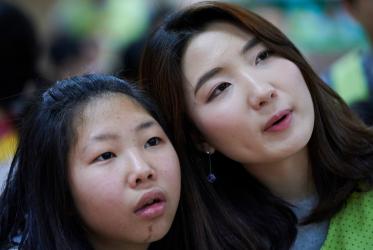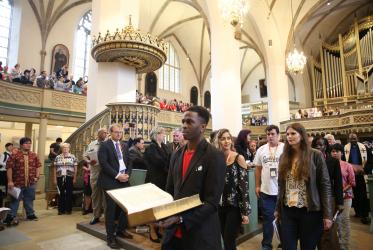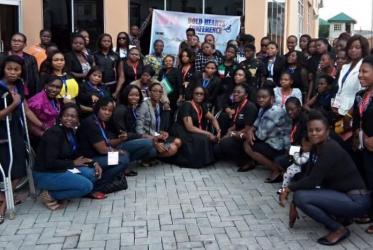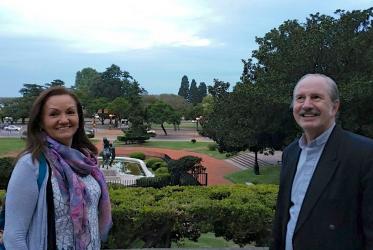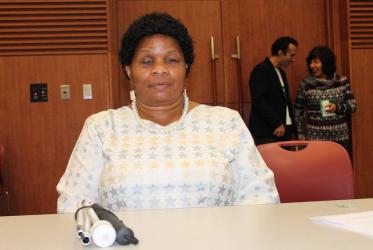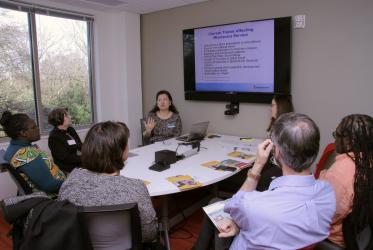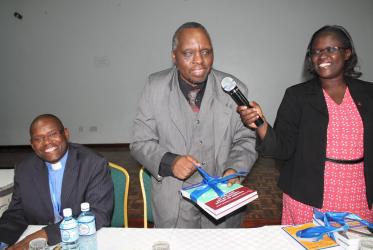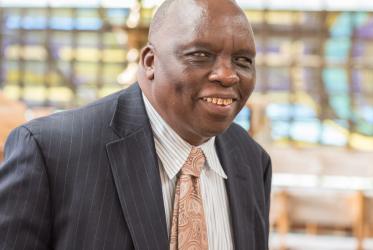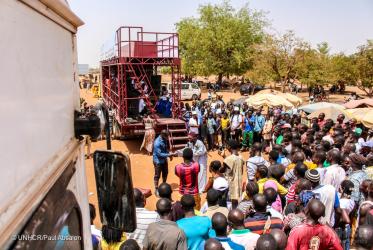Displaying 61 - 80 of 106
Forum strengthens ecumenical commitment to diakonia
12 October 2017
New theological materials offer fresh perspective on disabilities
08 December 2016
Sam Kabue: from the village to the world with eyes wide open
27 October 2016
God’s forgotten children
20 June 2016
Refugees in transit: pushing boundaries all around
08 February 2016
WCC/UN conference calls for coordinated action on refugee crisis
20 January 2016
2018 Ecumenical School on Governance, Economics and Management (GEM) for an Economy of Life
19 - 31 August 2018
Mexico City, Mexico

